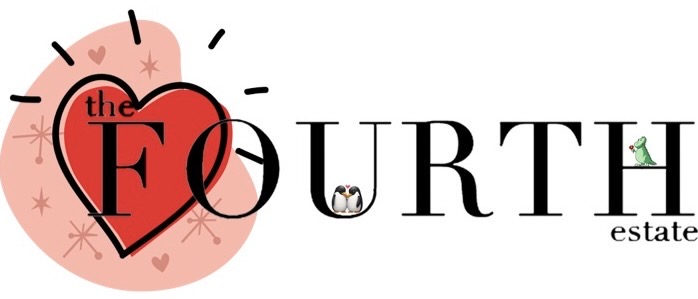Corporate Control on the Internet

November 2, 2018
In recent years, the internet has become a battleground for opposing political beliefs, often utilizing private services such as Google’s Youtube, Facebook, and Twitter as methods to spread their beliefs about various issues. While this has proven to be an incredibly effective way to spread new ideas and opinions, it has also shown time and time again how much power these private entities have been given over our 1st Amendment Rights. Fairly recently, a right-wing political commentator named Alex Jones was banned off of nearly every social media service he was active on, including the three mentioned above. Now, Alex Jones certainly wasn’t my favorite political figure, and I’m sure many of you can agree with me there. However, these services all took him down based on the same broad rule: hate speech violations. If Alex Jones did indeed violate hate speech rules, then it would be understandable as to why he was taken off the services. However, the companies all were unable or unwilling to provide specific instances of Jones’ violation of hate speech rules, instead choosing to remain rather vague about why he was taken down. Now, the issue here isn’t Jones being taken off the sites; in fact, many people (including myself) were not upset at all by the specific instance of him losing his right to the platforms. Rather, the bigger problem exemplified by the Jones incident is the fact that, right or left, Democrat or Republican, these corporations can legally take your ability to communicate on their service away at any time with the push of a button. Imagine if the situation was reversed, and companies nearly exclusively gave platforms to right-wing commentators such as Jones and denied his more liberal counterparts. This would be equally damaging to the world of political discourse. Now, does this completely restrict a person’s right to free speech? Of course not. However, as we’ve seen, the internet as a whole can have a huge effect on the outcome of major political events such as elections and the like. Hence, it stands to reason that leaning on private corporations so heavily around such a powerful tool could lead to nightmarish censorship policies across the web, should the wrong people be put in charge. Of course, I’m not calling for a restriction of the rights of a private company to act as a private company. Facebook, Google, and Twitter can all set their own guidelines as to how they’d like their users to behave themselves while on each service. I am, however, alerting people to the very real possibility of internet censorship, and how our overdependence on private corporations to responsibly manage our freedom of speech has become a detriment to discourse and general discussion online.


































